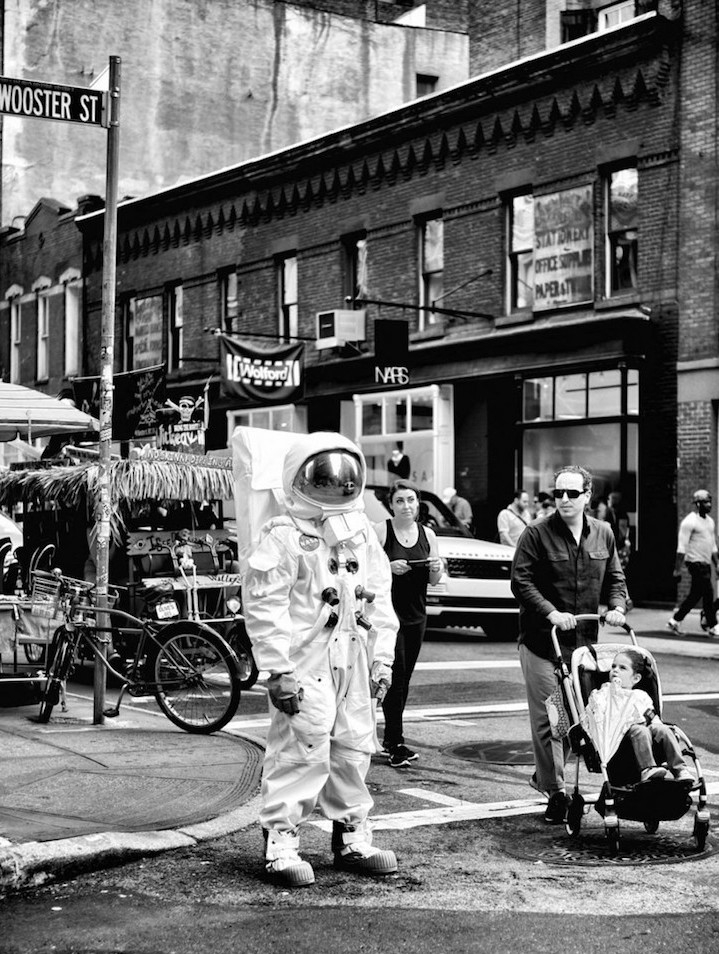We’re clever enough to kill ourselves en masse, that much we know, but are we adequately creative to save our species from a human-made disaster that seems more and more likely to visit devastation upon us? Can the collateral damage caused by our intelligence be undone with more intelligence?
In an Atlantic post, Ross Andersen interviews Oliver Morton, author of The Planet Remade, and wonders if we need to be more aggressively redesigning our environment. As he writes, “the geoengineers offer us a third way,” one beyond status quo as we attempt to worm our way through the Anthropocene, and immediately abandoning the fossil fuels we heavily rely upon.
Even the seemingly outré proposals bandied about by scientists and technologists don’t seem theoretically impossible, but most aren’t feasible in the near future, and they certainly will have their own unintended consequences. I would think geoengineering is certainly a piece of the answer as we move forward, but a dedicated effort to change the way we go about business better accompany it.
An excerpt:
Ross Andersen:
In your book, you argue that it would be impossible to transition away from fossil fuels quickly, because our current global-energy infrastructure simply can’t be replaced within a single generation. Can you give me a sense of the scale of that infrastructure? What would need replacing?
Oliver Morton:
Well, you have to remember that over 80 percent of the world’s energy comes from fossil fuels—and the world uses a lot of energy, and will be using even more energy soon. There are, after all, a large number of people who still don’t have access to modern energy services. In the beginning of the 20th century, no one lived the sort of life that well-off people in developing countries live or aspire to. Now about 1.6 to 2 billion people live that kind of life. And that’s great, but there are 5 billion people who aren’t leading that kind of life. They are going to use a lot of energy.
At the end of this century there will be 9 or 10 billion people on the face of the planet. You would kind of hope that in a century’s time, they would all have the access to energy that you and I enjoy. That would mean going from 2 billion people with access to 10 billion, a much larger increase than we saw during the 20th century.
Of course, there’s a huge amount that we can do with better energy technology over the course of the 21st century. But as the world develops, I think there’s still going to be an awful lot of fossil fuels burned. I think it’s a fundamental mistake to think that with just a bit more political will, you can suddenly go to a zero-carbon world.•

